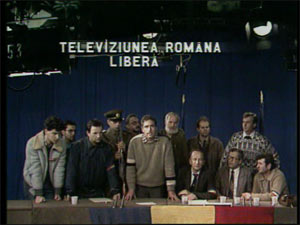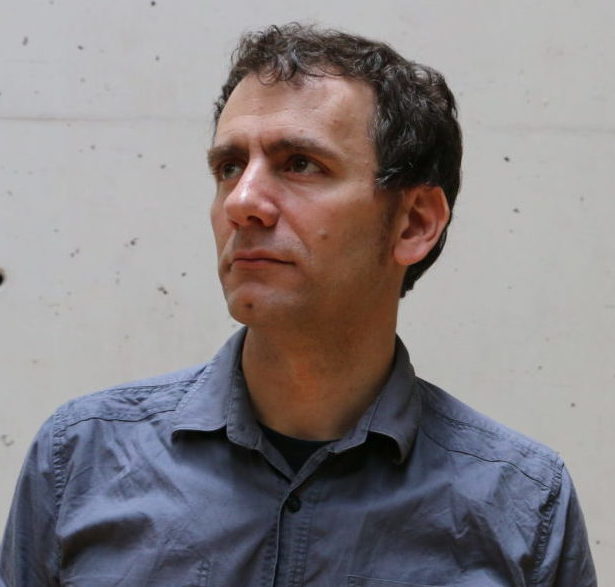Search
To search for an exact match, type the word or phrase you want in quotation marks.
A*DESK has been offering since 2002 contents about criticism and contemporary art. A*DESK has become consolidated thanks to all those who have believed in the project, all those who have followed us, debating, participating and collaborating. Many people have collaborated with A*DESK, and continue to do so. Their efforts, knowledge and belief in the project are what make it grow internationally. At A*DESK we have also generated work for over one hundred professionals in culture, from small collaborations with reviews and classes, to more prolonged and intense collaborations.
At A*DESK we believe in the need for free and universal access to culture and knowledge. We want to carry on being independent, remaining open to more ideas and opinions. If you believe in A*DESK, we need your backing to be able to continue. You can now participate in the project by supporting it. You can choose how much you want to contribute to the project.
You can decide how much you want to bring to the project.

Fue durante 1989 que la población rumana ocupó la televisión para demostrar su descontento. La ocupación llegó en el momento en que Ceaucescu intentó escapar desde el tejado de palacio.
Hace nada, las mismas imágenes se repiten en Grecia. La gente decide ocupar la televisión, ocupar los canales de difusión para decir que ya está bien, que se han superado todos los límites.
Si la revolución de 1989, y la ocupación televisiva, se convierte en el material con el que Farocki trabaja en Videogramme (uno de sus films donde destaca precisamente la relación entre poder e imagen, entre edición de la imagen y control), el ahora griego se ve al minuto en youtube.
En España, lo de gente de pie y gritando e insultando en la televisión es pan de cada día, así que debe ser algo como una revolución permanente. Los pensionistas y los funcionarios tendrán que pensar otros métodos, ya que si ocuparan la televisión parecería más de lo mismo.
Aquí dos frames. El primero de Videogramme, de Harun Farocki. El segundo de Grecia, con profesores ocupando la televisión

Director of Index Foundation, Stockholm, exhibition curator and art critic. Yes, after Judith Butler it is possible to be several things at once. He thinks that questions are important and that, sometimes, to ask means to point out.
"A desk is a dangerous place from which to watch the world" (John Le Carré)